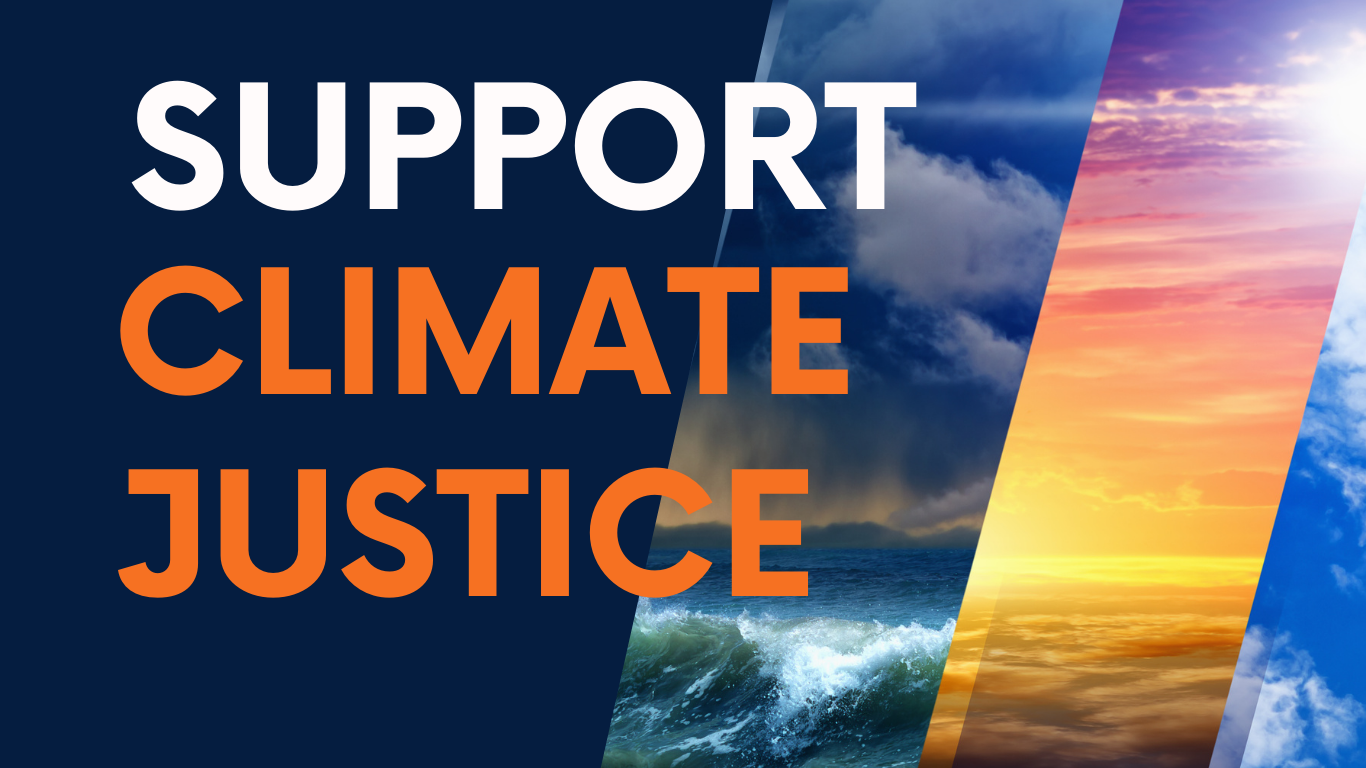By Marco Lopez
Many countries in the Global South have taken meaningful steps to meet their commitments under the Paris Agreement. These nations, which oftentimes lack the finance needed for national development – (and much less to implement climate adaptation and mitigation measures) – have proven to be leaders in the fight against climate change.
Thinking about it, it is natural for those in the immediate and direct path of the impacts of climate change to have an impetus to implement the measures that would reduce the effects of such impacts. Certainly, to safeguard themselves and future generations. Yet, more profound is the notion that those who have suffered the most are the only ones that can truly find equitable solutions for us all.
This may be true, but the climate crisis is one that will require collective and collaborative work to address. For the countries in the Global North, this will mean departing from the “humanitarian” approach, where one gives and the other receives, to a more “humanist” approach, where parties work together collectively and equally, towards specific goals. In this case, saving our planet.
Climate Action Tracker reports no country is currently meeting the emission reduction goals necessary to limit the global temperature increase to 1.5 °C. Parties signed the Paris Agreement in 2015, setting the global benchmark, but eight years later, there is very little to show.
The most recent World Meteorological Organization report on the State of Global Climate predicts a likely increase of more than 1.5 °C within the next 5 years. Of the 9 countries listed as having “almost sufficient” Nationally Determined Contributions (NDCs) pledges to meet the 1.5 °C Paris Agreement goals, seven are located in the Global South, with only Norway and the United Kingdom being the only developed countries making the list.
Belize, the home nation of Climate Spotlight, was not listed on the Climate Action Tracker report. The country, however, submitted its updated NDC in 2021 and has highlighted a target to “avoid cumulative emissions across all sectors of 5,647 Kt CO2e between 2021 and 2030.” The country has pledged to “develop a long-term strategy aligned with achieving net-zero global emissions by 2050.”
Besides this, the country has strengthened targets in the Agriculture, Forestry, and Other Land Use to increase the removal of up to 63% more greenhouse gas emissions. Besides, they have committed to increasing support of projects related to connecting renewable energy sources to the national grid.
The country houses the largest coral reef in the Atlantic Ocean – the Mesoamerican Barrier Reef – and still boasts vibrant seagrass beds and widespread mangrove forest cover. In its NDC, Belize has committed to safeguarding and restoring these marine ecosystems which act as key carbon sinks to tap into its blue carbon financing.
Despite these commitments, the country lags in implementing many of its objectives, primarily due to lax enforcement on the ground, limited expert personnel and you guessed it – finance. Climate finance is needed for the country to achieve the goals set out in its NDC and play its part in global efforts to address the climate crisis.
This scenario is echoed in many other countries within the Global South. While these nations persist in advancing domestic measures to do their part in safeguarding the planet, developed countries in the Global North seem more concerned with their bottom line.
At COP15, developed countries pledged to mobilize US$ 100 billion to provide finance to developing countries to address climate change. This goal was reiterated in the Paris Agreement, however, the fund has still not materialized.
The World Bank now estimates that around $1 trillion per year is needed by 2025 for emerging markets and developing countries, excluding China. By 2030, that cost will increase to between $2 -$2.8 trillion.
The longer developed countries delay action on this reality, the larger the price tag becomes.







